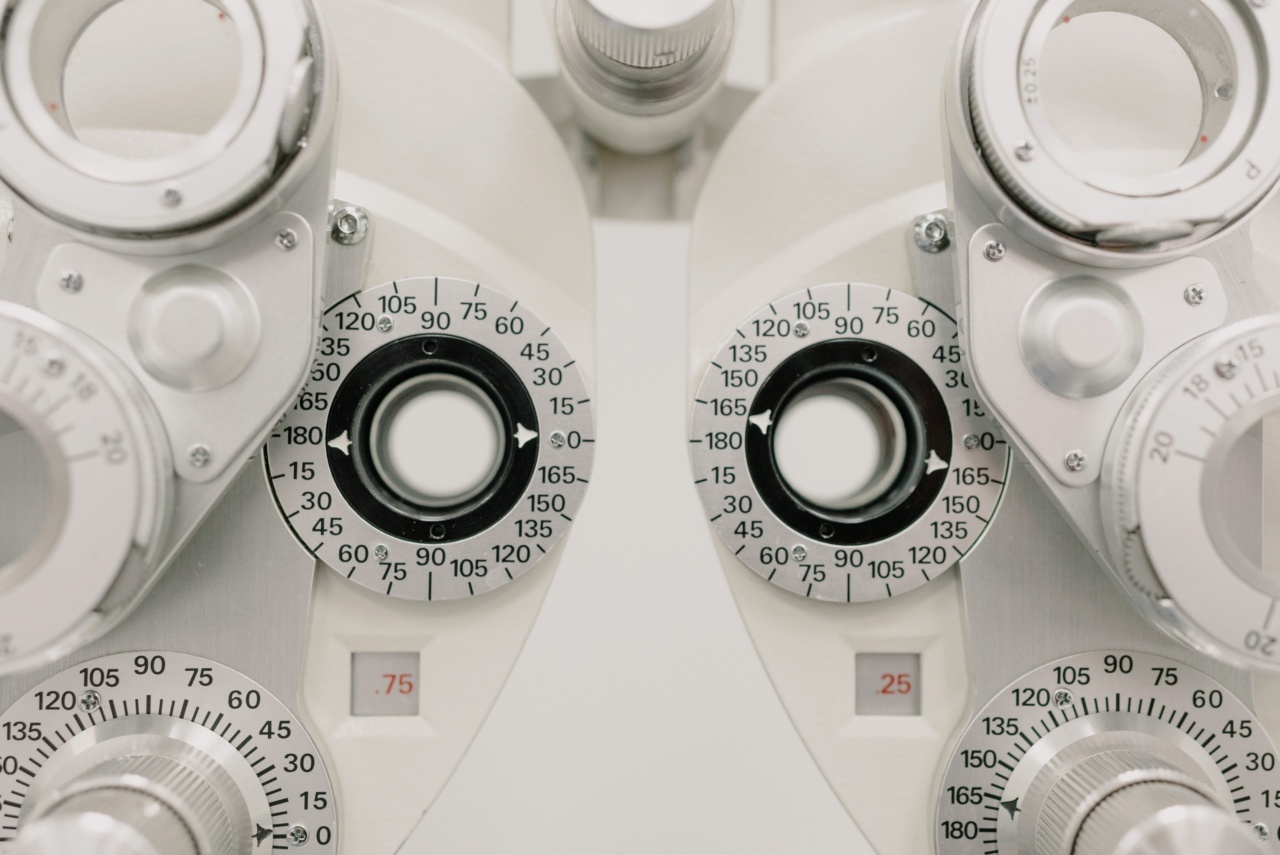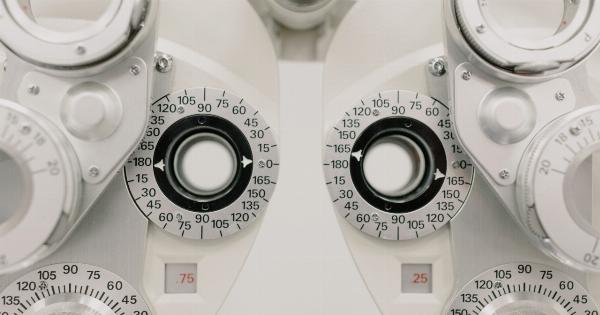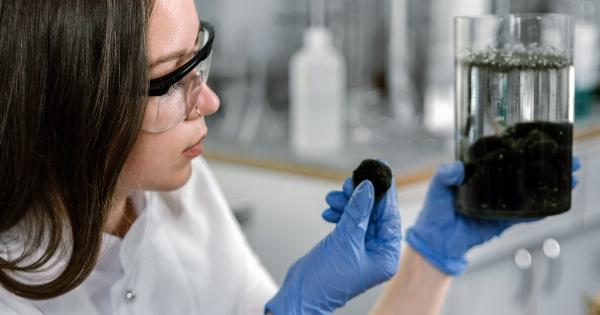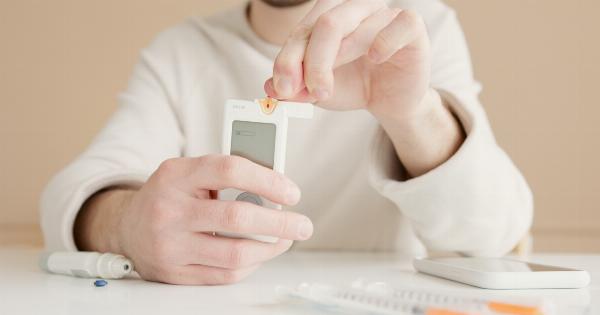Kronovirus, or COVID-19, has been spreading rapidly across the globe, and as such, testing has become vital in determining whether an individual has contracted the virus or not.
Antibody testing has been a particularly popular method of testing, but questions have been raised about the accuracy of these tests. In this article, we will unpack the accuracy of Kronovirus antibody testing and provide a comprehensive overview of what we know so far.
What is Kronovirus Antibody Testing?
Kronovirus antibody testing is a blood test that determines whether an individual has previously been infected with the Kronovirus. When an individual gets infected with Kronovirus, the immune system produces antibodies to fight off the virus.
Kronovirus antibody tests work by detecting these antibodies in the blood.
Types of Kronovirus Antibody Tests
There are two types of Kronovirus antibody tests: IgM and IgG. IgM antibodies are the first antibodies the immune system produces when an individual gets infected with the Kronovirus.
IgG antibodies, on the other hand, come into play later and are more specific to Kronovirus. As such, the Kronovirus antibody tests can determine whether an individual has had a recent or past infection with Kronovirus.
Accuracy of Kronovirus Antibody Testing
The accuracy of Kronovirus antibody testing has been a topic of much debate and concern. The accuracy of these tests has been called into question due to false positives and false negatives.
False positives occur when an individual receives a positive test result even though they have not been infected with Kronovirus.
False negatives, on the other hand, occur when an individual receives a negative test result even though they have been infected with Kronovirus.
The accuracy of Kronovirus antibody tests also depends on the timing of the test. Kronovirus antibody tests are more accurate if taken at least two weeks after the individual has developed symptoms.
This is because it takes the immune system time to produce enough antibodies to be detected by the test. Kronovirus antibody tests may also be less accurate in individuals who are immunocompromised.
Factors Affecting the Accuracy of Kronovirus Antibody Testing
Several factors can affect the accuracy of Kronovirus antibody testing. These factors include:.
- The quality of the test
- The timing of the test
- The individual’s immune response
- The type of Kronovirus antibody test used
- The prevalence of Kronovirus in the community
Interpreting Kronovirus Antibody Test Results
Interpreting Kronovirus antibody test results can be complex as they can be influenced by various factors. A positive Kronovirus antibody test result indicates that an individual has had a previous infection with Kronovirus.
However, it does not necessarily mean that the individual is immune to the virus or that they cannot be reinfected.
A negative Kronovirus antibody test result, on the other hand, indicates that an individual has not had a previous infection with Kronovirus. However, if the test is taken too early, the individual may receive a false negative result.
Additionally, a negative Kronovirus antibody test result does not necessarily mean that the individual is not currently infected with Kronovirus.
Conclusion
Kronovirus antibody testing has become crucial in identifying whether an individual has had a previous infection with the virus.
However, it is vital to note that Kronovirus antibody testing may not always be accurate due to false positives and false negatives. Additionally, the timing of the test and other factors can also influence the accuracy of the test. As such, it is essential to interpret Kronovirus antibody test results with caution and in combination with other diagnostic methods.























